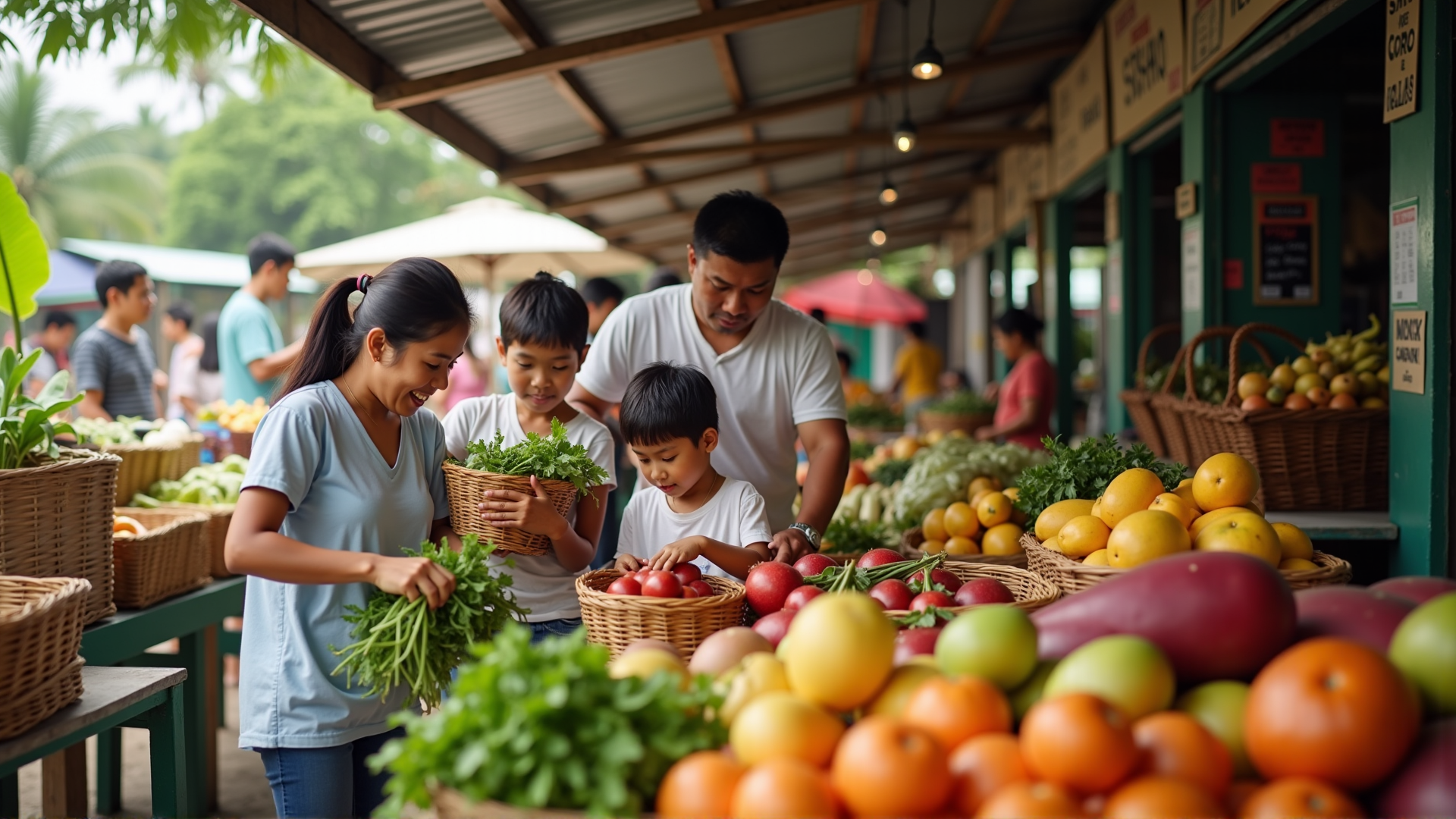Smart Consumption: Making Sustainable Choices
- February 28, 2024

In recent years, the call for sustainable practices has become more urgent, particularly in countries like the Philippines, where the environment plays a significant role in daily life. Embracing smart consumption habits is an effective way to contribute to a healthier ecosystem. Here's how small shifts in our choices can create significant positive impacts.
First and foremost, reducing waste is a vital component of smart consumption. One practical approach is to minimize the use of single-use plastics. With the Philippines ranking high in plastic consumption, opting for reusable bags, bottles, and containers can drastically cut down on plastic pollution. Additionally, practicing proper waste segregation and composting organic waste can significantly reduce the volume of trash sent to landfills, thereby limiting methane emissions, a potent greenhouse gas.
Choosing sustainable products is another key aspect. Supporting local businesses that focus on eco-friendly materials and processes can encourage a shift towards more sustainable production practices. For instance, purchasing items made from bamboo, a fast-growing and renewable resource, can replace more environmentally harmful options. Similarly, selecting products with minimal or biodegradable packaging contributes to less waste.
Moreover, mindful consumption extends to energy use. Simple steps like switching to energy-efficient LED bulbs, unplugging appliances when not in use, and opting for solar-powered devices can reduce energy demand and promote cleaner energy sources.
An often-overlooked factor is the power of dietary choices. Integrating more plant-based meals can lessen the environmental burden significantly. The agricultural industry is a major contributor to greenhouse gas emissions, and by reducing meat consumption, especially from large-scale operations, individuals can help mitigate these effects.
Transportation choices also play a critical role. Carpooling, using public transportation, biking, or walking not only reduces greenhouse gas emissions but also alleviates urban congestion and improves air quality.
Lastly, raising awareness and educating communities about the benefits of smart consumption can amplify these efforts. Engaging in local clean-up drives, supporting environmental education programs, and sharing knowledge about sustainable practices with friends and family can create a ripple effect, encouraging more people to participate in creating a healthier environment.
In conclusion, the journey towards a sustainable future in the Philippines starts with conscious consumer habits. By adopting smarter consumption choices, we can collectively pave the way for a cleaner, greener, and healthier environment. Each small action may seem insignificant, but together, they hold the power to transform our surroundings and ensure a sustainable legacy for future generations.
We have updated our Privacy Policy to reflect recent changes in data protection laws. Please review the changes to understand how we collect, use, and share your information. Read the full Privacy Policy